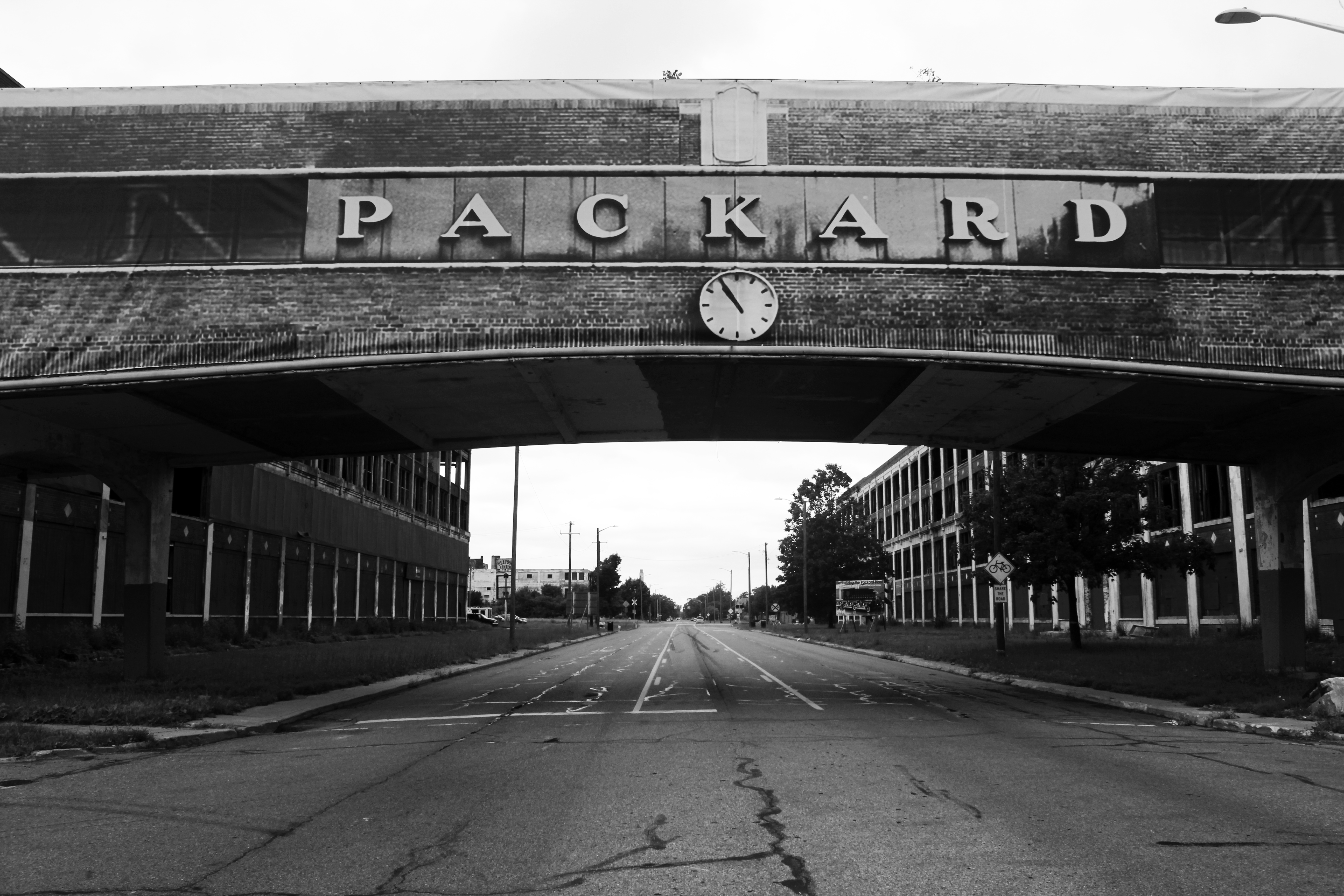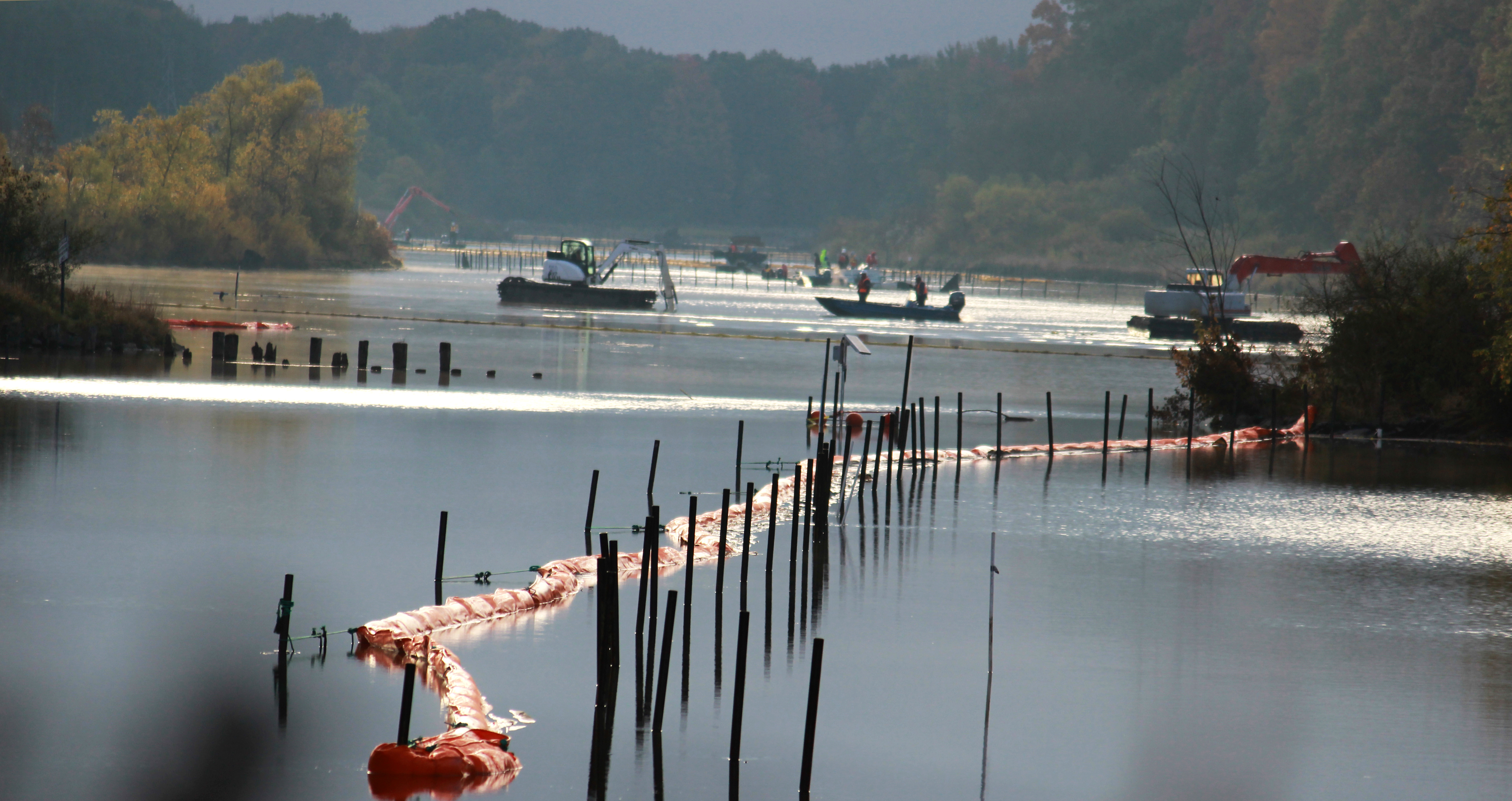By Scott Sines
Environmental issues are moving from “activists only” issues to community concerns.  The usual “green suspects” have been howling for years about the dangers of new extraction and transportation methods but recently there seems to be more and more spontaneous citizen opposition to un-conventional oils.
The usual “green suspects” have been howling for years about the dangers of new extraction and transportation methods but recently there seems to be more and more spontaneous citizen opposition to un-conventional oils.
As industry drills deeper, lays more rail and more pipe, opposition groups are forming from Texas to Maine. Communication and networking is the only way to shrink the argument from national to regional to local, where it matters most. Here are some recent examples:
— In Canada, aboriginal peoples have always been vocal opponents but now it seems communities are adding their voices to the environmentalist’s… ” Until this vote, Kitimat had remained neutral in its opinion on the controversial project. It didn’t take part in the joint-review process, which heard from hundreds of people before a federal panel approved the project with 209 conditions.” >Here’s the story.
— In upstate New York the city government in Canandaigua recently banned all forms of oil and gas extraction… “The (town) board unanimously agreed that the law serves the best interests of residents by protecting their health, safety and property, as well as preserving public resources. The decision was met with a round of applause from audience members at Monday’s meeting…”>Here’s the story.
— In the Bay area activists are bringing in experts and holding community meetings to explain oil transportation. The area is … “home to five refineries, specializing in the dirtiest and heaviest crude oils, and the industry has proposed five major projects to expand refineries and bring in crude oil by train”. >Here’s the story. >>Here’s more.
— In Oregon, the Port of Portland is refusing for now, to approve new storage facilities for unconventional crude oils. The article has several good observations from port authority officials. They could describe any logistics hub in the country. … “We do not believe that we have sufficient answers to the important questions regarding environmental and physical safety to proceed with any type of development at this time,” >the agency wrote.
— Coming next: Big Energy: The next sugar daddy

















